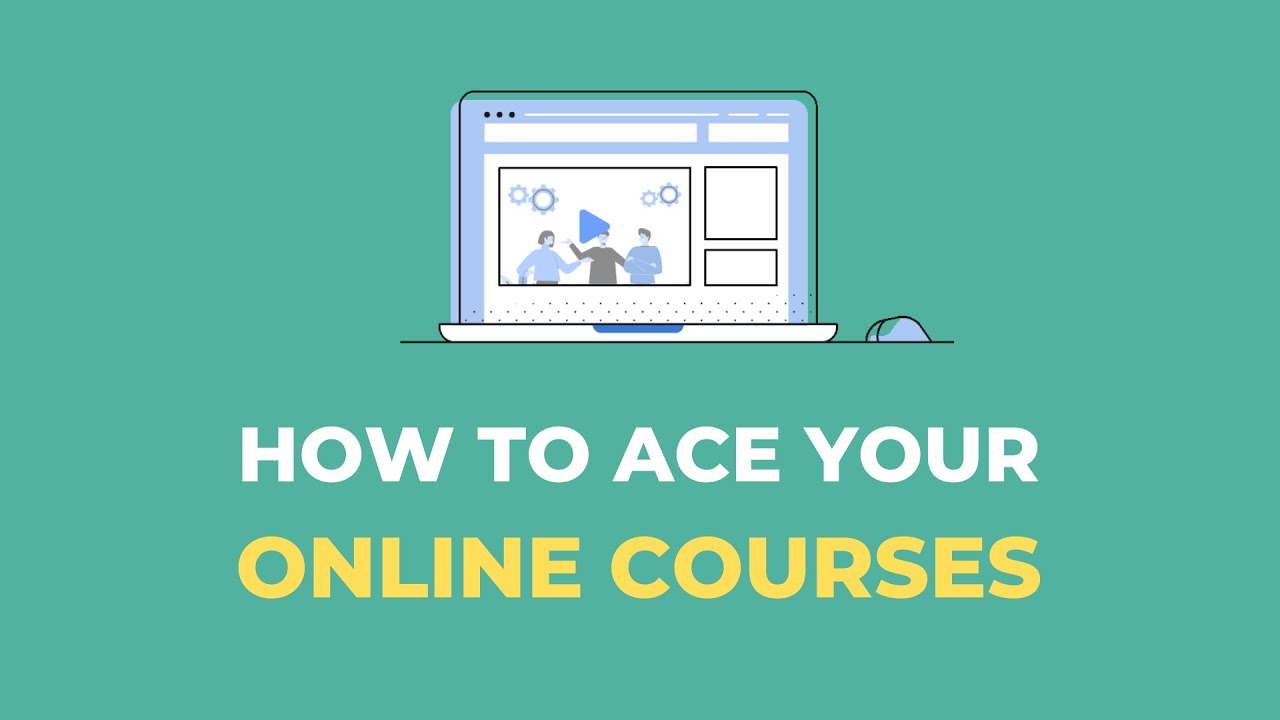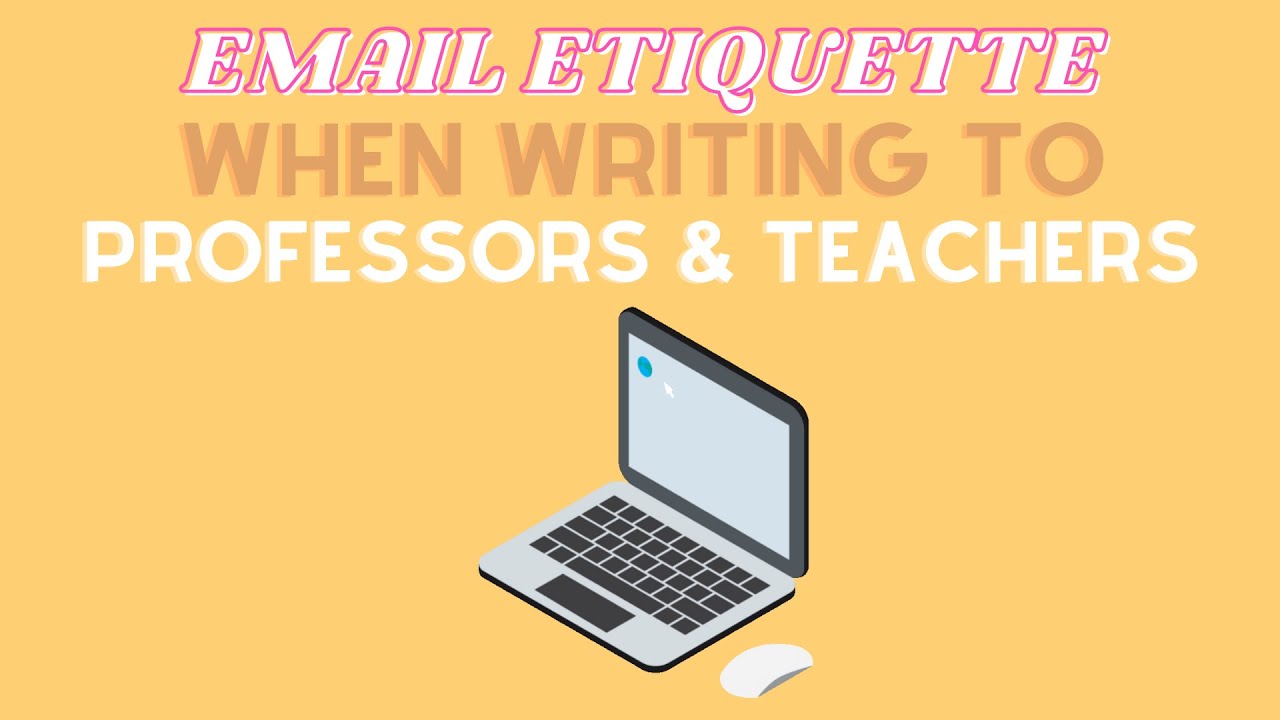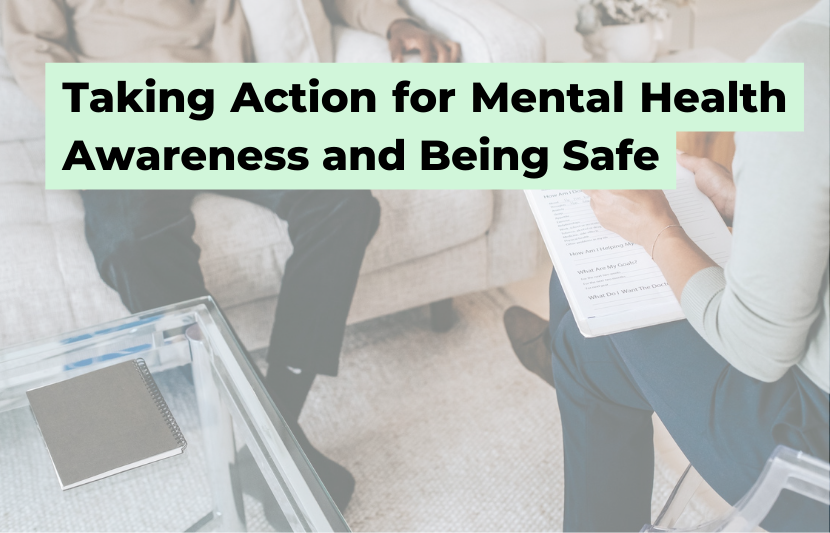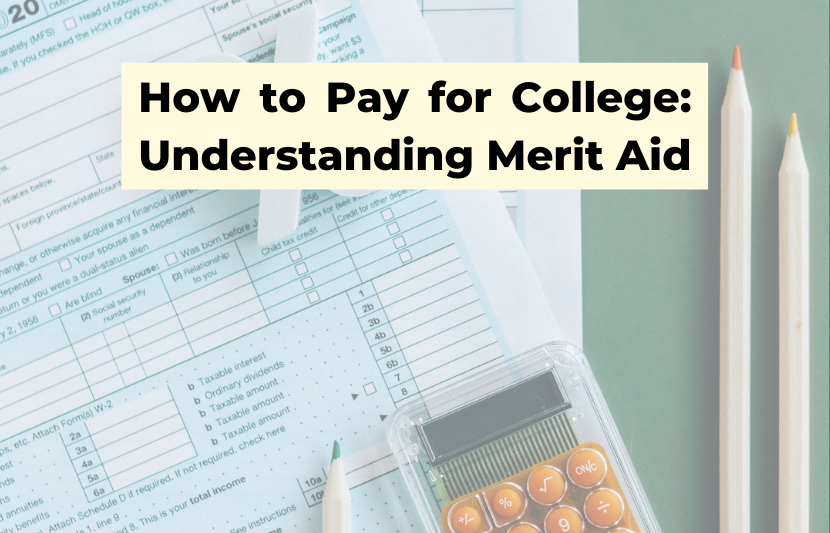In this episode of TUN TV, Dr. Crystal Rose interviews April Paris-Joseph about the key strategies when building your college list.
Dr. Rose: Welcome to The University Network TV where we scan the globe to give students, their families, and educators the best tips for student success. I’m your host today, Dr. Crystal Rose, and in this college admissions video, we’re exploring the college admissions series entitled “Defining Your Fit and Strategizing Your List.”
When it comes to researching the list of colleges you’ll apply to, you want to have a very thoughtful approach and a keen strategy. For this series, we’ve invited a very special guest, April Paris-Joseph of Paris Educational Solutions.
Welcome, April.
Paris-Joseph: Hi, thanks for having me, Crystal.
Dr. Rose: Absolutely. How do you define what is a fit when it comes to finding colleges?
Paris-Joseph: There are multiple components to a fit. And the top three most important ones, in my opinion, are the academic fit, the social fit and the financial fit.
Students have to find schools where they can get what they want out of the academic program. There’s no point in being at a school without a computer science major if you want to major in computer science, for example. The same thing with music – if they don’t have a music and dance program and you want to major in Music and Dance, this school is not a fit for you.
Then there’s the social fit. So, think about how you feel about Greek life. Do you want to be in a city? Do you want to live somewhere rural? This is going to be your home for the next four years and you want to be comfortable there. I was just saying to a student this morning that you’re going to take your human self with you to college along with your academics and your extracurriculars. So we actually want the human you to be happy, too, and enjoy the time outside of class.
Then another tricky one, of course, is the financial fit. What can you really afford? It’s all about families having a real and transparent conversation upfront about what’s available for college and contrasting that with what the federal government and the colleges may feel you have available for college. Is there going to be a gap? Because if there’s going to be a gap at some schools, you may need to go somewhere else. Or do you have to fill this with scholarships? Do you need to target schools with merit aid? All of those questions to make sure that you’re finding a fit, because this idea of kids leaving college with $30,000 and $40,000 of student loan debt is something I’m highly opposed to and, I think, is often avoidable.
Dr. Rose: I appreciate your approach to limiting the financial hardship for families. Does each school that a student applies to really need to meet their academic, their social and their financial fit?
Paris-Joseph: I believe it does. There’s no point in applying to a school where one of those fits doesn’t work out, because what are you going to do when you get in? Are you going to go? Either you can’t go or you don’t want to. So, what’s the point? And you’ve put all this effort into this application and for what? I think you need to meet all of them for every single application.
I just sent one of my students back the other day because she hemmed and hawed about a school on our list. So I said, “Oh, no, no, no, no, no.” You need to be happy – if you only get into one school on your list, you should be happy to go there. So you have to go back and look at every single school and say to yourself, “If this is it and I have no other choices, when I’m done next April and maybe I’m happy with this, then the answer should be, yes.”
Dr. Rose: The answer should be “yes.” So, that means students really have to do their share of the work. They have to do a good amount of research to really come to that conclusion.
Paris-Joseph: Absolutely.
Dr. Rose: Thank you so much for joining us, April.
Paris-Joseph: Thanks for having me.
Dr. Rose: Thank you very much for joining us for this episode of The University Network’s television show. I’m your host, Dr. Crystal Rose. Until next time on TUN TV!
This interview has been edited for clarity.
For more exclusive interviews with experts who share their insight to help students succeed, check TUN TV!
Related:












